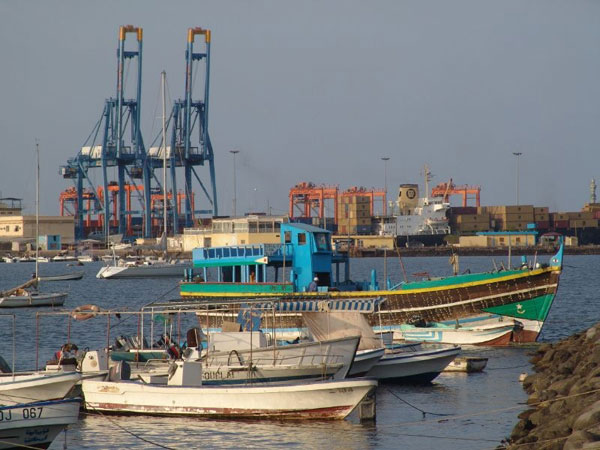Djibouti is one of the few remaining countries in which the national telco, Djibouti Telecom, has a monopoly on all telecom services, including fixed lines, mobile, internet and broadband. The lack of competition has meant that the market has not lived up to its potential.
While domestic infrastructure remains poor the country is one of the best connected for international fibre cables in the region. The Djibouti Internet Exchange is a meeting point for a number of cable systems passing between the Red Sea and Indian Ocean.
Despite this connectivity, broadband services in Djibouti remain very expensive, which continues to hold back the full growth potential of the sector. As a result, penetration in all market segments is low. Although growth in the mobile and internet markets is accelerating in line with Djibouti Telecom’s investment in its mobile network, competition and foreign investment are both required for the telecoms market to show solid development in coming years. In preparation for this, Djibouti Telecom itself is forging international alliances, and has been a key investor in cables including the DARE, PEACE and AWE systems.
BuddeComm notes that the outbreak of the Coronavirus in 2020 is having a significant impact on production and supply chains globally. During the coming year the telecoms sector to various degrees is likely to experience a downturn in mobile device production, while it may also be difficult for network operators to manage workflows when maintaining and upgrading existing infrastructure. Overall progress towards 5G may be postponed or slowed down in some countries.
On the consumer side, spending on telecoms services and devices is under pressure from the financial effect of large-scale job losses and the consequent restriction on disposable incomes. However, the crucial nature of telecom services, both for general communication as well as a tool for home-working, will offset such pressures. In many markets the net effect should be a steady though reduced increased in subscriber growth.
Although it is challenging to predict and interpret the long-term impacts of the crisis as it develops, these have been acknowledged in the industry forecasts contained in this report.
The report also covers the responses of the telecom operators as well as government agencies and regulators as they react to the crisis to ensure that citizens can continue to make optimum use of telecom services. This can be reflected in subsidy schemes and the promotion of tele-health and tele-education, among other solutions.




